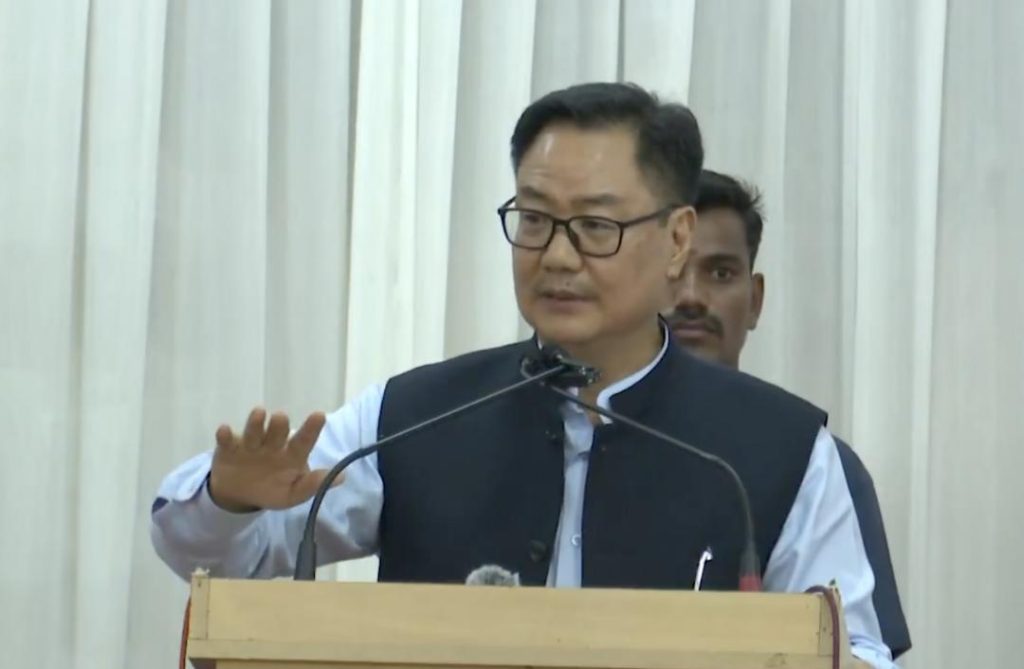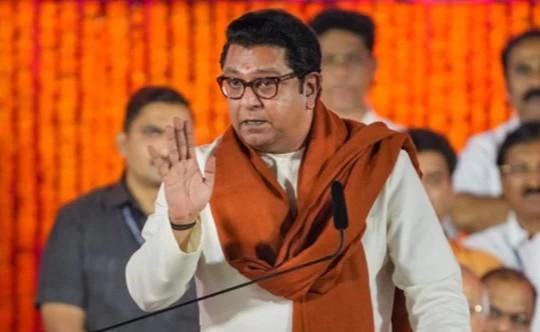
Title: Wasn’t happy passing key bills without debate, was forced to: Rijiju
The recent Monsoon Session of Parliament, which concluded on August 21, was marked by a significant lack of discussion on several key bills. The government’s decision to pass these bills without debate has raised concerns among opposition parties and experts alike. Union Parliamentary Affairs Minister Kiren Rijiju has now spoken out about the government’s reluctance to conduct debates on these bills, and the measures it took to ensure their passage.
In an interview, Rijiju revealed that the government was not happy about passing key bills, including the Online Gaming Bill and the 130th Constitution Amendment Bill, without discussion. He expressed his disappointment at the lack of engagement from opposition parties, stating that he had repeatedly pleaded with them to join the discussion. However, ultimately, the government was forced to rely on its majority to push the bills through.
Rijiju’s comments are significant, as they highlight the challenges that the government faced in getting its bills passed through Parliament. The Online Gaming Bill, in particular, has been a contentious issue, with many opposition parties expressing concerns about its potential impact on the gaming industry and the country’s economy. Similarly, the 130th Constitution Amendment Bill has been criticized for its potential to undermine the country’s federal structure.
The government’s decision to pass these bills without debate has been widely criticized, with many arguing that it is a violation of democratic norms. In a parliamentary democracy, debates are an essential part of the legislative process, allowing lawmakers to engage with each other and the public on key issues. Without debate, the government’s decisions are often made behind closed doors, without the scrutiny and accountability that comes with open discussion.
The lack of debate on key bills is not a new phenomenon, but it has become increasingly common in recent years. The government’s reliance on its majority to push through bills without debate has led to concerns about the erosion of democratic institutions and the lack of accountability among lawmakers.
The consequences of this lack of debate can be far-reaching. Without the opportunity for lawmakers to engage with each other and the public on key issues, the government’s decisions may not reflect the needs and concerns of the people. This can lead to a lack of trust and legitimacy among citizens, as they feel that their voices are not being heard.
Moreover, the lack of debate can also lead to a lack of transparency and accountability among lawmakers. Without the scrutiny of debate, lawmakers may be able to push through bills without being held accountable for their actions. This can lead to a lack of trust and respect for the legislative process, as citizens feel that lawmakers are not being held accountable for their decisions.
The government’s decision to pass key bills without debate is not only a violation of democratic norms, but it also has significant implications for the country’s economy and society. The Online Gaming Bill, for example, has the potential to impact the country’s gaming industry, which is a significant contributor to the economy. Similarly, the 130th Constitution Amendment Bill has the potential to undermine the country’s federal structure, which could have far-reaching consequences for the country’s unity and stability.
In conclusion, the government’s decision to pass key bills without debate is a significant concern, as it undermines the democratic process and has significant implications for the country’s economy and society. The government’s reliance on its majority to push through bills without debate is a violation of democratic norms, and it is essential that lawmakers engage in open and transparent debates on key issues. Only through such debates can lawmakers be held accountable for their actions, and the needs and concerns of the people be reflected in the government’s decisions.






